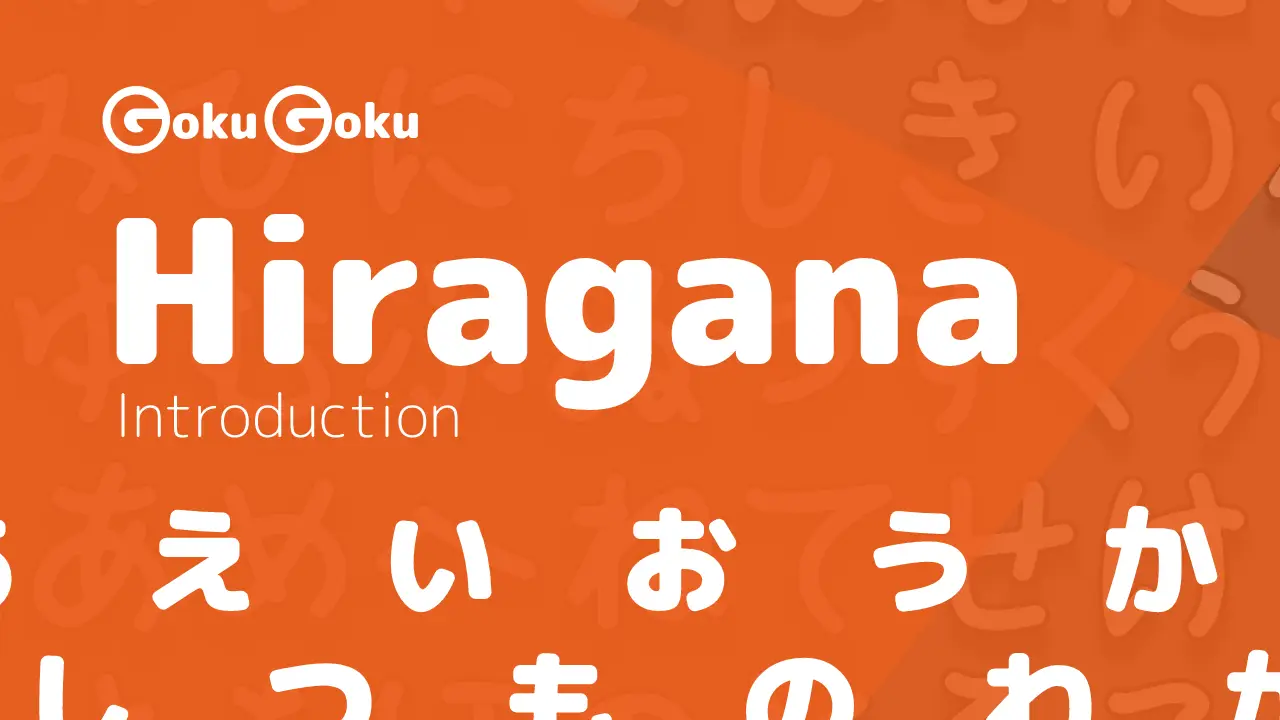がほしい (ga hoshii) Meaning Japanese Grammar - Want
Anna Baffa Volpe
Get in touch with meThe expression がほしい (ga hoshii) means desire something, want something, wish for.
It is one of the expressions related to the verb to want something that is expressed by a noun.
が欲しい is used for the first person, if the desire is referred to other persons, we use the verb 欲しがる.
In this post we learn more about the meaning of が欲しい, how it is formed and when が欲しい is used through real example sentences.
Desire something
が欲しい is used in the first person to express what the subject wants and desires and is joined exclusively to nouns.
In some cases this expression is also translated: need something.
もう一度チャンスが欲しい。
I want another chance.
How がほしい is formed
This expression is characterised:
- by a Noun
- by the particle が which indicates the subject
- by 欲しい which is an い adjective and means
desirable.
あのギターが欲しいです。
I want that guitar.
欲しい is used to translate want something, if we want to express want to do something we use the form in たい.
週末は映画をみたいです。
I want to watch a movie on weekends.
We used the suffix たい to express want to perform a certain action.
誕生日プレゼントに服が欲しいです。
I want some clothes for my birthday present.

服欲しい!
We want clothes!
The particle が after the noun is omitted, because the context is colloquial and informal.
いくらほしいの?
How much do you need?
Negative form
The negative form is obtained with the negative of the い Adjective.
The usage of the negative forms in Japanese is particular and some expressions are very strong and direct and it is often preferred to work around other ways of speaking and expressing ourselves.
子供は欲しくない。
I don't want children.
As we can deduce, these are strong and resolute statements used depending on the situation and context.
- From a Japanese
picture book絵本

おおきなきがほしい。
I want a big tree.
欲しがる: what others want
が欲しい refers to the first person. If, on the other hand, the desire concerns other people, we use the verb 欲しがる with the suffix がる.
母は新しい車を欲しがっている。
My mother wants a new car.

ほしがってるたべものあげよう!
Let's give them the food they want!
Again, the context is informal and the particle をof the object たべものを is omitted and the verb ends in てる instead of ている.
Examples of が欲しい
犬が欲しいです。
I want a dog.
As we have seen in the previous examples, the polite form is obtained by adding the copula です to the adjective 欲しい.
車と家とどちらが欲しいですか。
Which do you want, a car or a house?
休みが欲しいです。
I want a break.
In this last example the translation of 欲しい indicates the need, the necessity of the subject.
Similar grammar points in Japanese 📚
~ていく
~ていく (teiku) Meaning Japanese Grammar - Keep Doing
てよかった
てよかった (te yokatta) Meaning Japanese Grammar - I'm Glad That...
それでもいい
それでもいい (soredemoii) Meaning Japanese Grammar - It's Fine
それでも
それでも (sore demo) Meaning Japanese Grammar - Still
させられる・せられる
させられる・せられる (saserareru serareru) Meaning Japanese Grammar - To Be Made To Do Something
ないで
ないで (naide) Meaning Japanese Grammar - Without Doing

